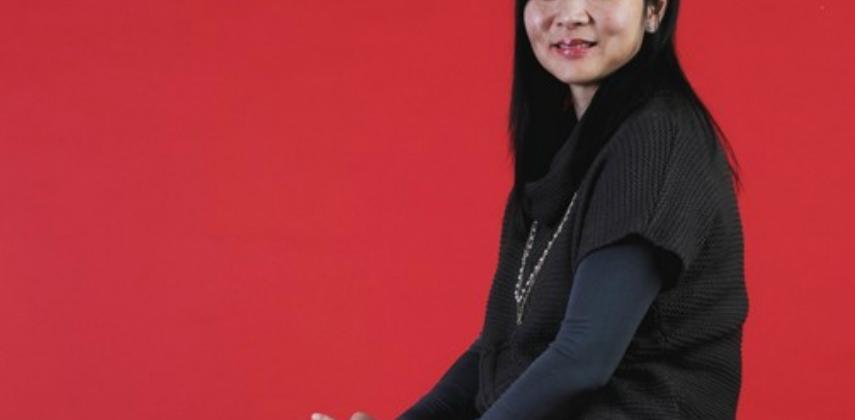Talent was the key word at the recent signing ceremony of a partnership between Richard Ivey School of Business Asia and the China University of Political Science and Law’s (CUPL) Business School. The collaboration marks the first time China’s legal framework has been incorporated into executive education programmes. The dean of the Canadian school, Carol Stephenson, expects a joint EMBA course to be offered next year, in addition to other collaborations.
There is no doubt about the urgent need for internationally-minded talents as Chinese companies expand their global reach. Research by McKinsey in 2005 projected a need for at least 75,000 capable business leaders by 2020 for the rising economic giant. CUPL has taken initiatives to develop high-end education, according to its Business School dean, Sun Xuanzhong. By high-end, he meant training providing a solid understanding of how firms operate in the global environment.
Other attempts have been made to meet the massive manpower need. IESE Business School, of Spain, which topped this year’s overall Financial Times Executive Education rankings, has since 2006 joined forces with Harvard Business School and China Europe International Business School to run a programme for experienced CEOs at China-based enterprises.
The third module of the Global CEO for China programme at IESE’s Barcelona campus started last month, exploring themes such as global marketing, entrepreneurial management, creative cultures, family business, performance measurement and control, and capital markets. It began in March at the CEIBS campus in Shanghai, and finishes in July, at Harvard in Boston.
It is not just China that is crying out for talented individuals. As noted by Ivey’s Stephenson, the biggest challenge facing international companies today is how to find and keep the best talents. Those armed with insights into the workings of the global markets clearly enjoy a competitive edge, and to start with, probably more job options.
The inclusion of foreign elements will not only boost graduates’ marketability but also bring elements of fun. And the possibilities of collaboration are endless, such as the partnership sealed recently between the University of Hong Kong (HKU) and schools in Mongolia and the Mongolian Ministry of Education, Culture and Science, allowing students to study at HKU.
Rich in resources, Mongolia is deemed an important emerging economy. Six Mongolian companies are already listed on the Hong Kong stock exchange, and direct flights already exist between our city and the capital, Ulan Bator.
In view of the growing number of partnerships, there is hardly any excuse for students only to study in and about their own country. Most importantly, it could be the kind of education that ultimately pays off – if you don’t mind the cost.
Linda Yeung is the Post’s Education Editor, a veteran journalist who studied in Hong Kong and abroad


